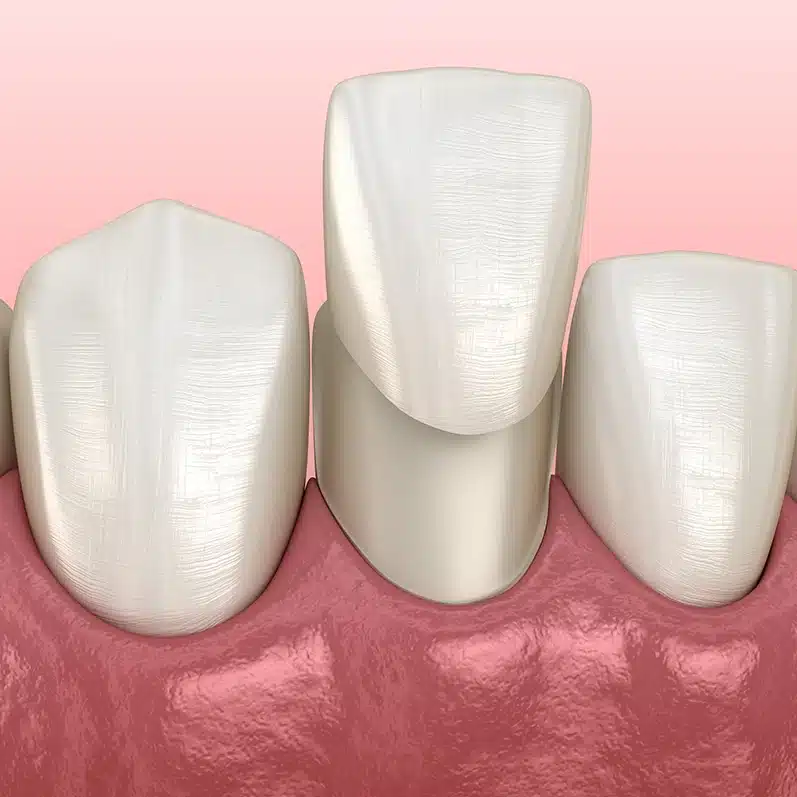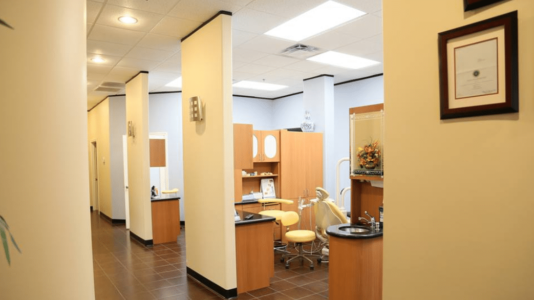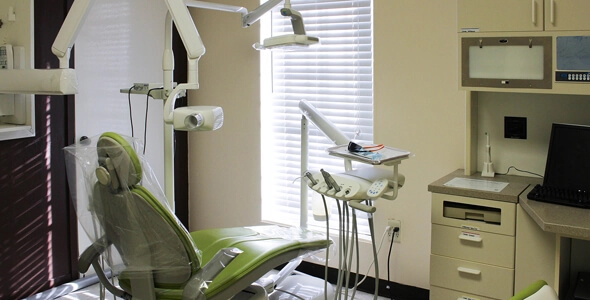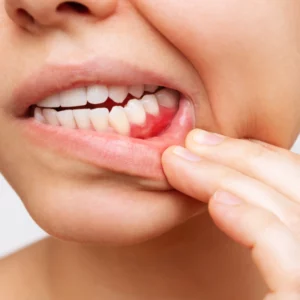How Long Do Veneers Generally Last?
Dental veneers are a popular cosmetic dentistry solution known for their durability. On average, veneers can last between 10 to 15 years, providing a long-lasting enhancement to your smile.
Factors that Affect the Longevity of Dental Veneers?
Material Used
The material choice for veneers plays a significant role in determining their lifespan. High-quality materials, such as porcelain, tend to offer better durability and aesthetics.
Maintenance
Proper maintenance is crucial for the longevity of veneers. Regular oral hygiene practices and routine dental check-ups contribute to preserving the integrity of the veneers.
Potential Complications During Treatment
Complications during the veneer placement process, such as improper bonding or fit issues, can impact their longevity. Ensuring a skilled and experienced cosmetic dentist handles the treatment is essential.
Signs that Your Veneers Might Need Replacement?
Chips and Cracks
Chips or cracks on the veneer surface can compromise both aesthetics and function. If left unaddressed, they may warrant replacement to maintain the integrity of your smile.
Discoloration or Staining of Veneers
While veneers are resistant to staining, over time, they may become discolored due to factors like diet, smoking, or certain medications. Discoloration may indicate the need for replacement.
Changes in Bite or Speech
If you experience changes in your bite or speech, it could indicate issues with the veneers. Misalignment or damage may require replacement to restore proper functionality.
Gum Recession
Gum recession can expose the edges of veneers, leading to aesthetic concerns and potential damage. Addressing gum recession promptly is essential to prevent the need for premature veneer replacement.
How to Maintain the Lifespan of Your Dental Veneers
Regular Dental Check-ups
Schedule regular dental check-ups to allow your dentist to assess the condition of your veneers. Early detection of issues can prevent the need for extensive replacement.
Good Oral Hygiene Practices
Maintain diligent oral hygiene practices, including brushing, flossing, and using non-abrasive toothpaste. This helps prevent plaque buildup and protects the veneers from decay.
Avoiding Harmful Habits
Avoid habits that can potentially damage veneers, such as biting hard objects, opening packages with your teeth, or grinding your teeth. Wearing a nightguard, if teeth grinding is an issue, can further protect your veneers.
Understanding when to replace dental veneers and taking proactive steps to care for them ensures a prolonged and satisfactory cosmetic enhancement. If you notice any signs of wear or damage, consult with your dentist for a thorough evaluation and appropriate recommendations.












